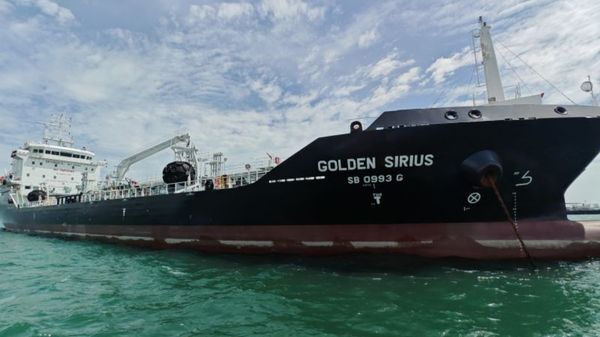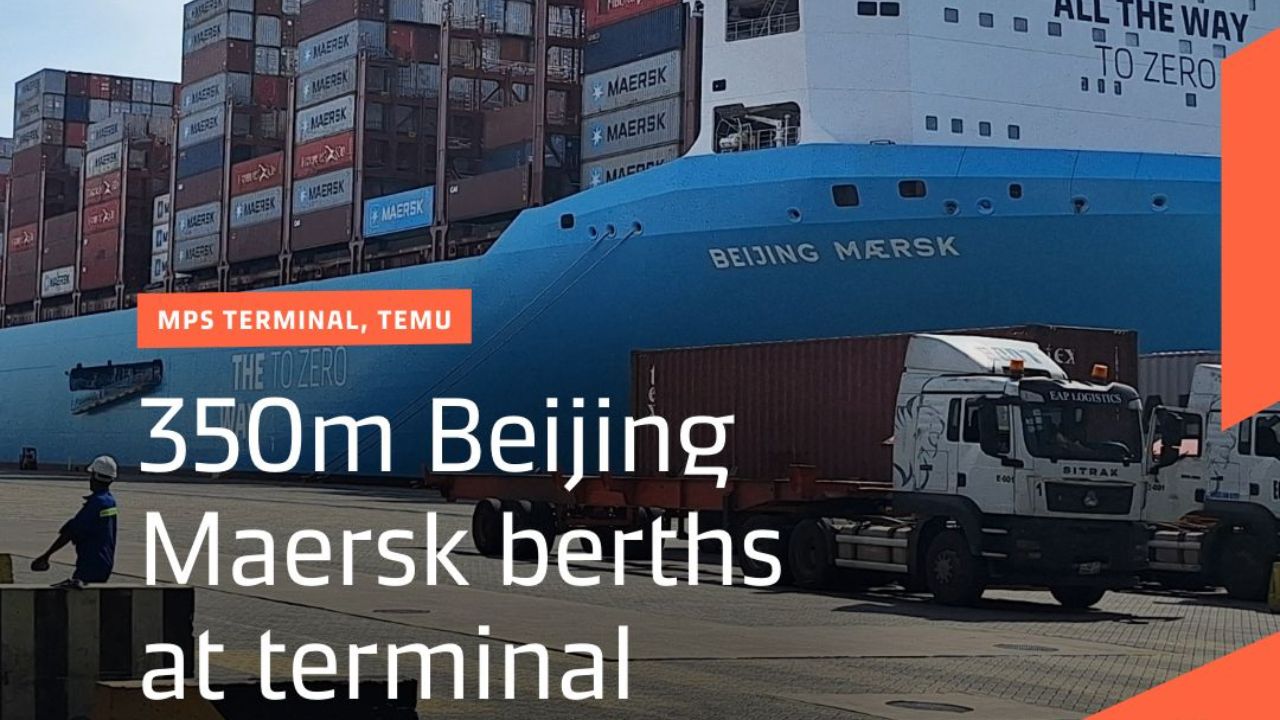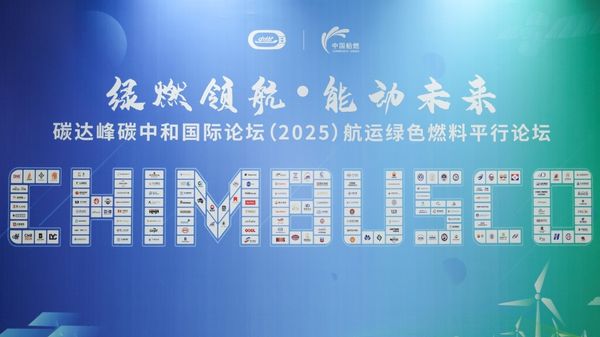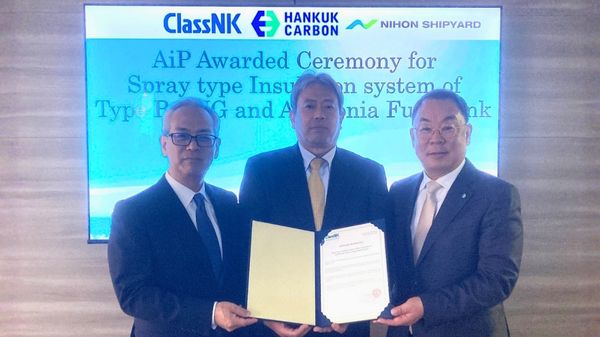

|
Norwegian Viva receives waste-based biofuel in Piraeus through World Fuel-EKO collaboration
World Fuel Services coordinates delivery as Norwegian Cruise Line Holdings extends biofuel programme. |
|
|
|
||

|
Golden Island delivers B100 biofuel to Maersk vessels in Singapore
Golden Island completes two UCOME biofuel deliveries to containerships in October and November. |
|
|
|
||

|
Beijing Maersk becomes largest vessel to call at Ghana's Tema Port
Maersk's dual-fuel methanol ship highlights West Africa's transshipment potential and decarbonisation efforts. |
|
|
|
||

|
Saudi Arabia bans open-loop scrubber use with HSFO at its ports
Ships must switch to compliant fuel or closed-loop systems, GAC advises. |
|
|
|
||

|
IMO to host technical seminar on marine biofuels in February 2026
International Maritime Organization opens speaker nominations for London event focused on low-GHG fuel adoption. |
|
|
|
||

|
Hong Lam Marine lays keel for methanol-capable bunkering tanker in China
Singapore-based Hong Lam Marine has begun construction of an alternative-fuel bunkering vessel at a Chinese shipyard. |
|
|
|
||

|
Wärtsilä outlines four trends to shape shipping in 2026
Technology group, Wärtsilä, highlights lifecycle optimisation, flexible decarbonisation, digitalisation, and evolving regulations. |
|
|
|
||

|
Chimbusco explores green marine fuel solutions at carbon neutrality forum
Chimbusco discusses decarbonisation pathways and signs cooperation agreements with shipping and energy partners. |
|
|
|
||

|
ClassNK approves spray insulation system for LNG and ammonia fuel tanks
Classification society grants AiP to Nihon Shipyard and Hankuk Carbon for Type B tank technology. |
|
|
|
||

|
VPS launches upgraded Maress 2.0 maritime performance platform
Enhanced analytics and data validation added to digital platform used by almost 700 vessels. |
|
|
|
||
| Total's Talusia Optima gets green light [News & Insights] |
| New Singapore blending plant produces first products for Total Lubmarine [News & Insights] |
| Rise in Asia-Pacific demand underpins growth of Lubmarine's 25-year HK operation [News & Insights] |
| Total Lubmarine investing in 'future-proof' lubricants [News & Insights] |